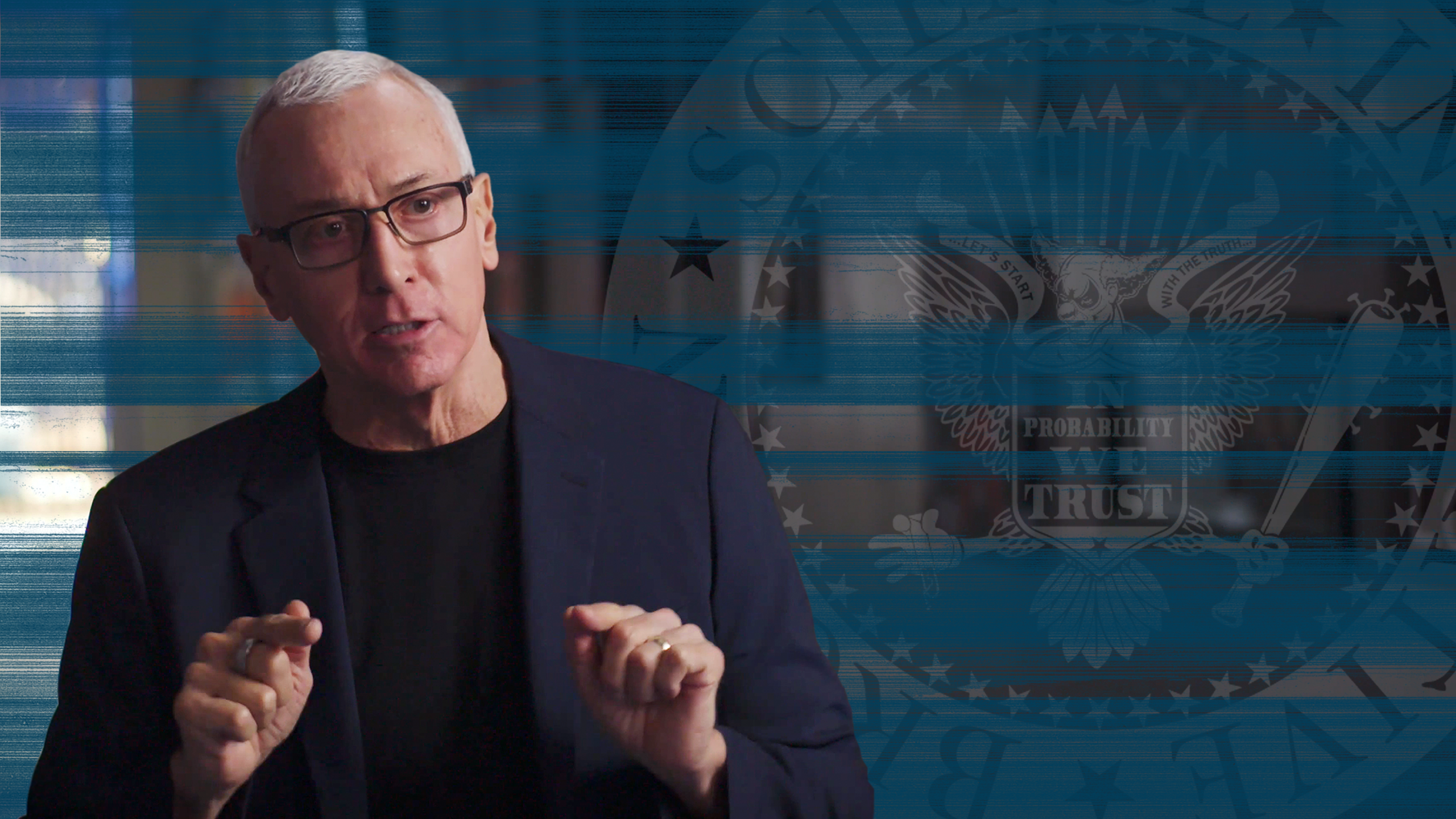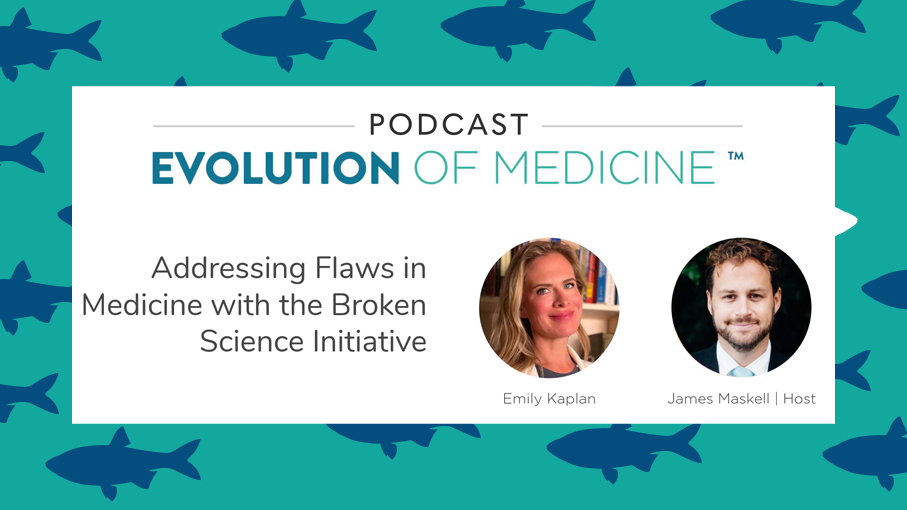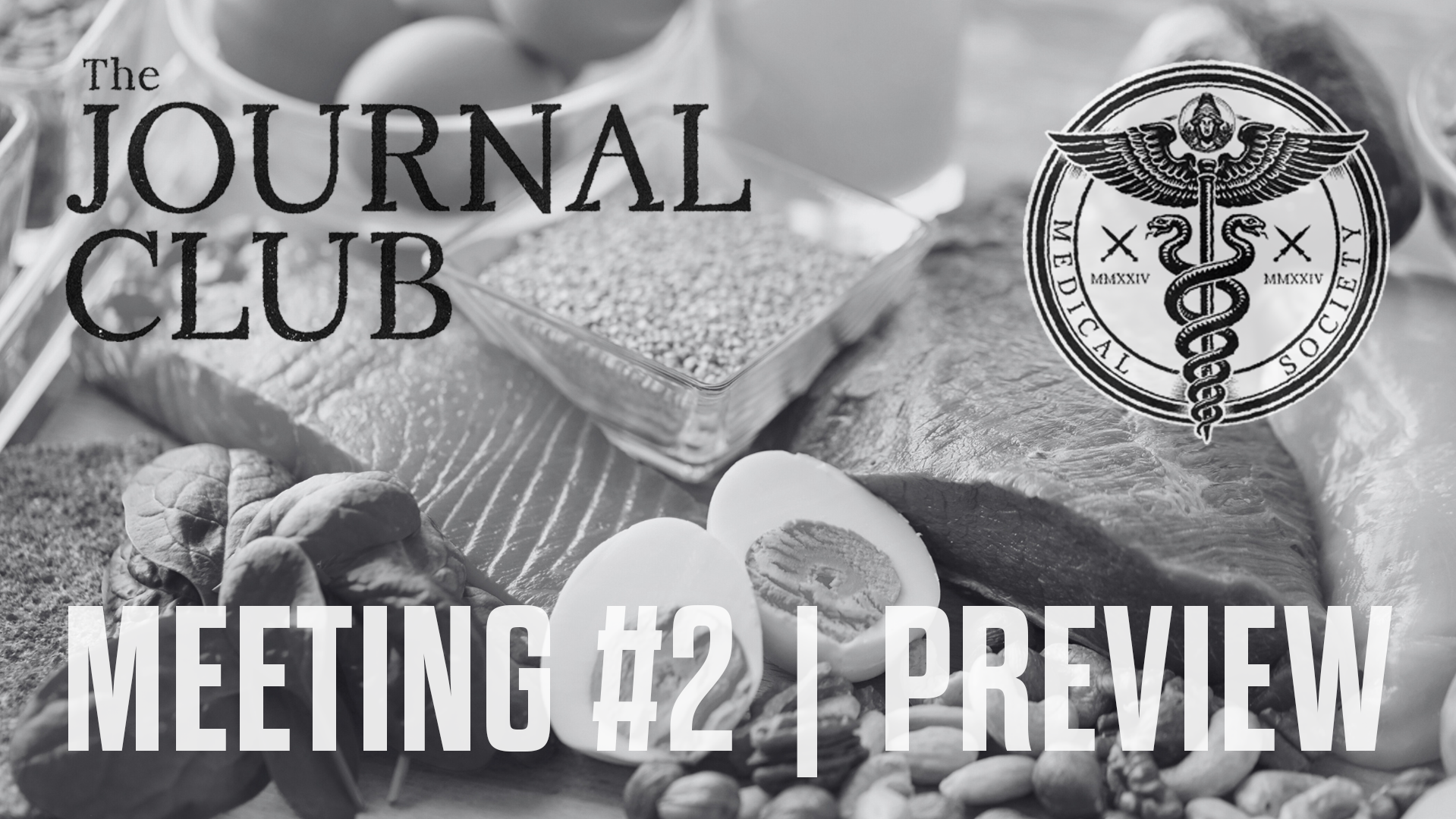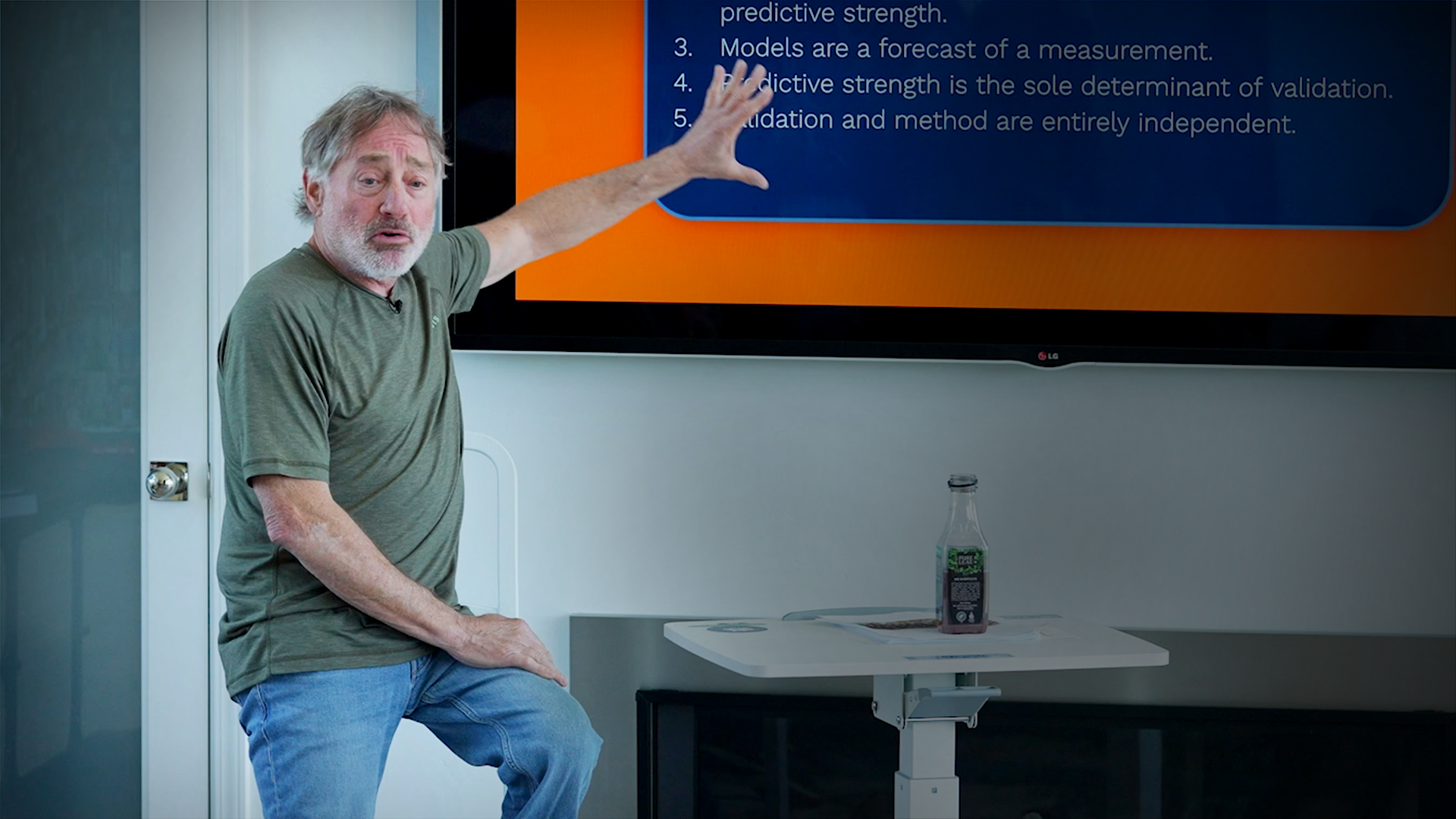Category: Health and Medicine
Category: Health and Medicine
Episode 3 with guest Pashtana Durrani.
Episode 2 with guest Dr. Drew Pinsky.
A flawed study attracted grants, investments and other researchers who based new work on the faulty findings.
James Maskell of the Evolution of Medicine podcast speaks with Emily Kaplan on various topics relating to the impact of broken science on the field of healthcare.
By Emily KaplanIn this journal club, Bob Kaplan reviews the 2014 study “Low Protein Intake Is Associated with a Major Reduction in IGF-1, Cancer, and Overall Mortality in the 65 and Younger but Not Older Population”
By Bob KaplanComing August 28th! This episodic series from BSI's Emily Kaplan aims to change our collective conversation through art and science.
In early May 2024, Greg Glassman hosted a group of friends for tacos and an informal presentation of what science is, and the problems with the science of today.
Is the placebo effect real? Evidence Based Medicine is built upon controlled trials, but the positive effects demonstrated in these trials may not actually exist.
Researchers have tried a bunch of strategies to get more negative results into the literature. Nature asks whether they are working.








